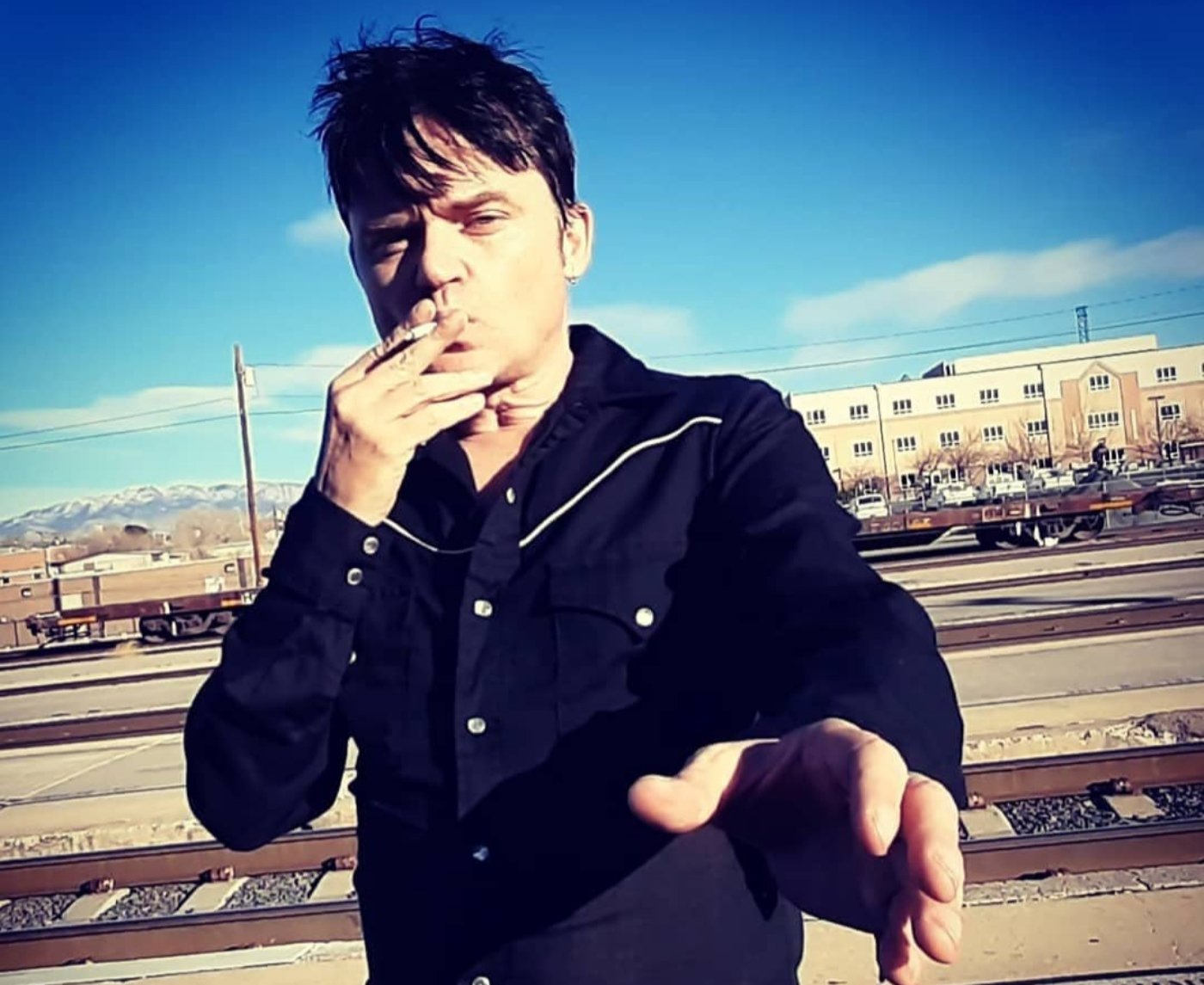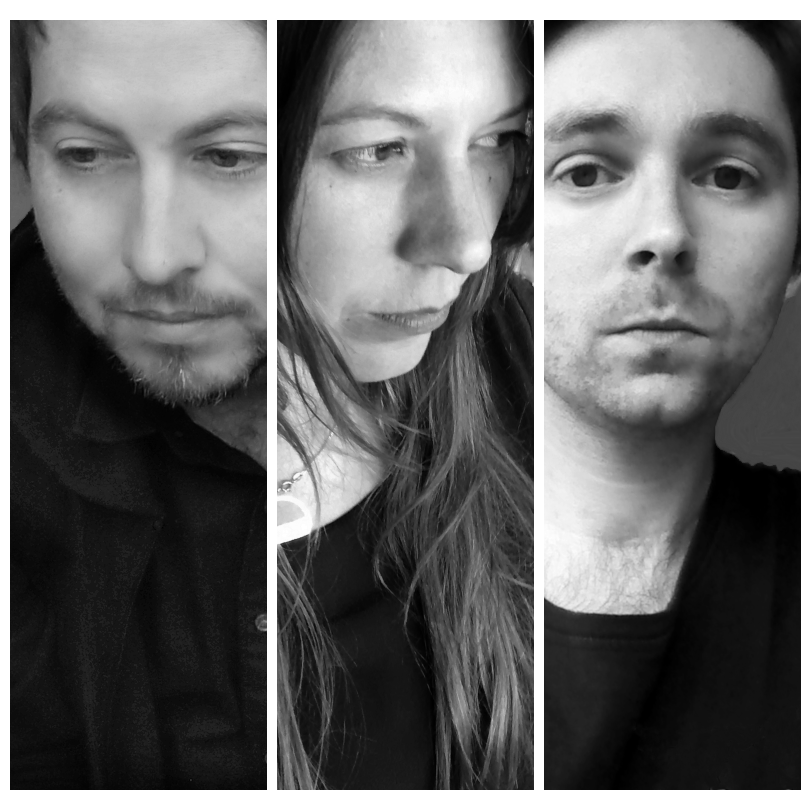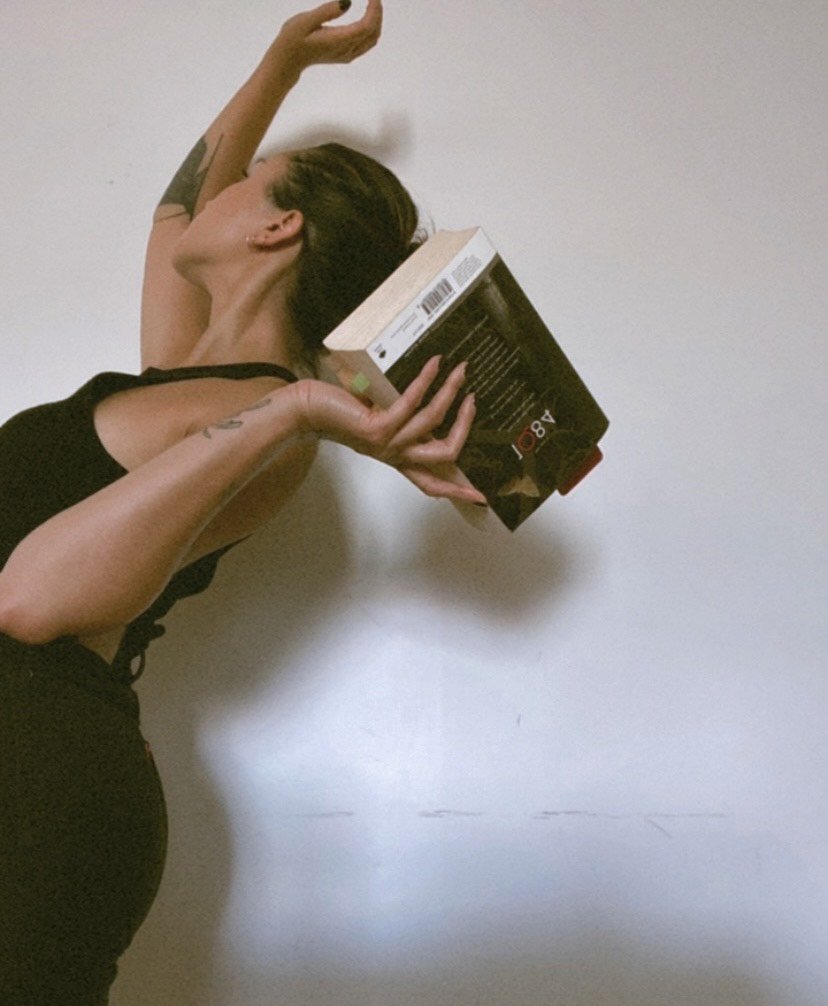Book Review: Beautiful World, Where Are You by Sally Rooney
ZACHARY PRYOR - 7 MAR 2022
A novel of letters but far from a novel idea
Zachary Pryor reviews Beautiful World, Where Are You
Reading Sally Rooney’s latest, Beautiful World, Where Are You (BWWAY), struck a familiar chord and I found myself thinking about Lena Dunham’s show, Girls (2012—2017). In the HBO show’s sophomore season finale, Marnie reads the first sentence of Hannah’s eBook— ‘a friendship between college girls is grander and dramatic than any romance.’ She smiles wanly. It’s a summation of the tumultuous road of Marnie and Hannah’s friendship, which over the course of the first two seasons goes from peacefully spooning in bed, sharing cupcakes in bathtubs, to hurling insults and toothbrushes, ignoring phone calls, hiding from one another, as they drift into a constant state of flux which becomes the series status quo until its conclusion.
It’s an unspoken tenet of grand and romantic female friendships that things go unsaid for as long as possible. Everyone can at least pretend that things are fine, even though they might be slowly crumbling around you. For BWWAY’s central characters Eileen and Alice, while they are physically isolated from one another for most of the story, it’s in their long-winded emails they can share intimacy, secrets, as well as their desires and hopes and fears for the world. Though, more crucially, it’s also in these emails that they can hide. Alice spouts nonsense about her state of writing, while avoiding the realities of her relationships and confronting her nervous breakdown—in a trope so well worn I actually yawned, she’s escaped to a tiny Irish town and rents a large house so she can recuperate and rest. Eileen laments the state of the world, her recent breakup, while skirting around the crippling notion that she may never really grow up.
It’s a pity the title Normal People was taken because my god, does this book embody that to a tee—normal people problems, normal people hang outs and dates and holidays, normal normal normal. It suffers somewhat under the overwhelming fraught banality of the story. Though, deftly held together by memorable characters and a deep, complex understanding of friendship. The romantic love stories provide the skeletal plot of the novel: Alice, our centre, discontent with her life and work as a twice-published, widely acclaimed novelist; her best friend Eileen; their respective partners, the disdainful Felix and budding-politician, Simon. It’s Alice’s disassociation from her life that propels much of the story (if we can even call this) forward. The seamless transition between Alice and Eileen and their lengthy correspondence provides levity and insight to an otherwise run-of-the-mill book.
Which means we have to look beyond character, to the author. Rooney has become an utter rarity in the book world, a celebrated novelist who lives on as a brand name through a hit TV show adaptations (Conversations With Friends is mere months away!), bucket hats, pop-up stories, and tote bags. She exists in a new writerly sphere that harkens back to the eighties heyday of Donna Tartt and Bret Easton Ellis, where writers were celebrated and revered and most crucially, well paid. You can see Rooney as Alice struggling with her image as ‘celebrity writer’ through the pages:
‘If novelists wrote honestly about their own lives, no one would read novels—and quite rightly! Maybe then we would finally have to confront how wrong, how deeply philosophically wrong, the current system of literary production really is—how it takes writers away from normal life, shuts the door behind them, and tells them again and again how special they are and how important their opinions must be... The problem with the contemporary Euro-American novel is that it relies for its structural integrity on suppressing the lived realities of most human beings on earth.’
Oof! This comes in one of the emails sent to Eileen. You can’t help but feel this is Rooney projecting about her own status as a writer. Her novels are deeply personal, familiar, pangs of longing, haircuts with bangs, skinny pale protagonists, that mostly operate as an echo chamber of her life. Yet, interestingly, Rooney has taken the Tartt approach to literary fame, and retreated into hiding (a quick scan online shows she granted one interview and one in person reading at Waterstones for this release alone), wishing so much to become a literary enigma, even though her truths about the world bleed all over her pages. Vox’s Constance Grady posits, ‘within the framework of this debate, turning novelist Rooney into a merch-hawking celeb, does feel as though it’s in poor taste...it detaches Rooney the human being and Rooney the artist from Rooney the brand name, whose primary value is its ability to make money for Rooney’s publisher.’ Books, within this framework, are limited morally defensible machines, unable in their ability to fix society’s malaises.
BWWAY is her love letter to the novel form itself, but it feels scathing and disjointed, as though she’s criticising the hand that feeds her by creating something that offers limited character development, minimal plot and her digging into her well-used toolkit to pull out yet again, the issue of having characters break up over a misunderstanding so stupid you sit there rolling your eyes, sort of saying, ‘yes, Sally, we understand you like to write about this.’
So much of the book feels unfinished, as though it were several drafts away from being complete and the publisher was stepping back from interfering with their cash cow. A shame—with another good edit, this could shine. There is the genesis of a great idea here. The timelessness of female friendship explored with nuance and tenderness, the rich inner lives of Alice and Eileen, had me reminded of Girls (such a blast from the past for this washed-up millennial). However, the distance in narrative voice told by an almost mechanical observer, leaves the reader alienated. Yes, I’ll read anything Rooney writes—she has incredible skill in how she perceives the world and turning it into little sentences that we all gobble up—though, the samey sameness in plot, theme and character here, are painting her as a one-trick pony. Considering the historical richness from where she writes, turning her hand to some of Ireland’s nineteenth-and-twentieth-century greatest hits, could provide her with new inspiration and greater depth to an already intimidating body of work. Your move, Rooney.


![[Friday Feature] Valere: Interview & Review of Single/Video ‘Lily’s March’](https://images.squarespace-cdn.com/content/v1/60df978127837427ee475bb1/1712873492906-GFSK6SW4FJ2Z2STOJVAM/Valere+-+Photo+Credit+Hayden+Graham+%281%29.jpg)

![[Video Premiere] Sig Wilder & Friends: Video for ‘Texasman’ + Interview](https://images.squarespace-cdn.com/content/v1/60df978127837427ee475bb1/1699397388451-3GDFG0FOA5T5WPA33ANE/IMG_2393.JPG)


![[International] Jackson VanHorn Releases New EP ‘Liminal Music, Vol. 1’](https://images.squarespace-cdn.com/content/v1/60df978127837427ee475bb1/1695708847770-UF5H8G2X7N9Q9KF22TA5/Jackson+VanHorn+Liminal+Music+Vol+1.jpeg)

![[Friday Feature] Jazmine Mary: Interview + New Album ‘Dog’](https://images.squarespace-cdn.com/content/v1/60df978127837427ee475bb1/1686280012940-2OBAFHQ9HIJFIVNYE3CZ/JazmineMary_Album+image+no+text+-+Credit+-+Jim+Tannock.jpg)
![[Video Premiere] Emily Rice Releases New Single/Video ‘Warenoa’](https://images.squarespace-cdn.com/content/v1/60df978127837427ee475bb1/1685044212209-9X8UTD0I22FY3LAGKDHI/Press+Shot_+Photo+Credit%2C+Charles+Looker.jpg)


![[Australia] Benny Time: Interview + New Album ‘Benny and Friends’](https://images.squarespace-cdn.com/content/v1/60df978127837427ee475bb1/1653689671831-U73A00Y16B4PYUPIEY7X/Benny+Time+3596.jpg)











![[International] Alison Clancy: Poised for Greatness](https://images.squarespace-cdn.com/content/v1/60df978127837427ee475bb1/1645751104499-HT5MCDXMERC9SDSW4XW5/Alison+Clancy+Mutant+Gifts+Cover.jpeg)
![[International] Halfway Harbor: ‘Table Stains’](https://images.squarespace-cdn.com/content/v1/60df978127837427ee475bb1/1644389562677-EPD8X84SUDEW0Y5THAX3/HH+Photo+2.JPG)
![[Video Premiere] Rewind Fields Releases Video for ‘Photographs’ from New Self-Titled Album](https://images.squarespace-cdn.com/content/v1/60df978127837427ee475bb1/1645087328492-XGACSPK0JASK6GHYPNJ8/Rewind+Fields+Press+Photo.jpg)



![[International] Alison Clancy: Mutant Gifts - Live at St John's](https://images.squarespace-cdn.com/content/v1/60df978127837427ee475bb1/1641160174046-V0BKLPG6FI59NARZSUDN/alison-clancy-by-esteban-haga_51689972648_o.jpg)